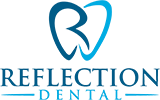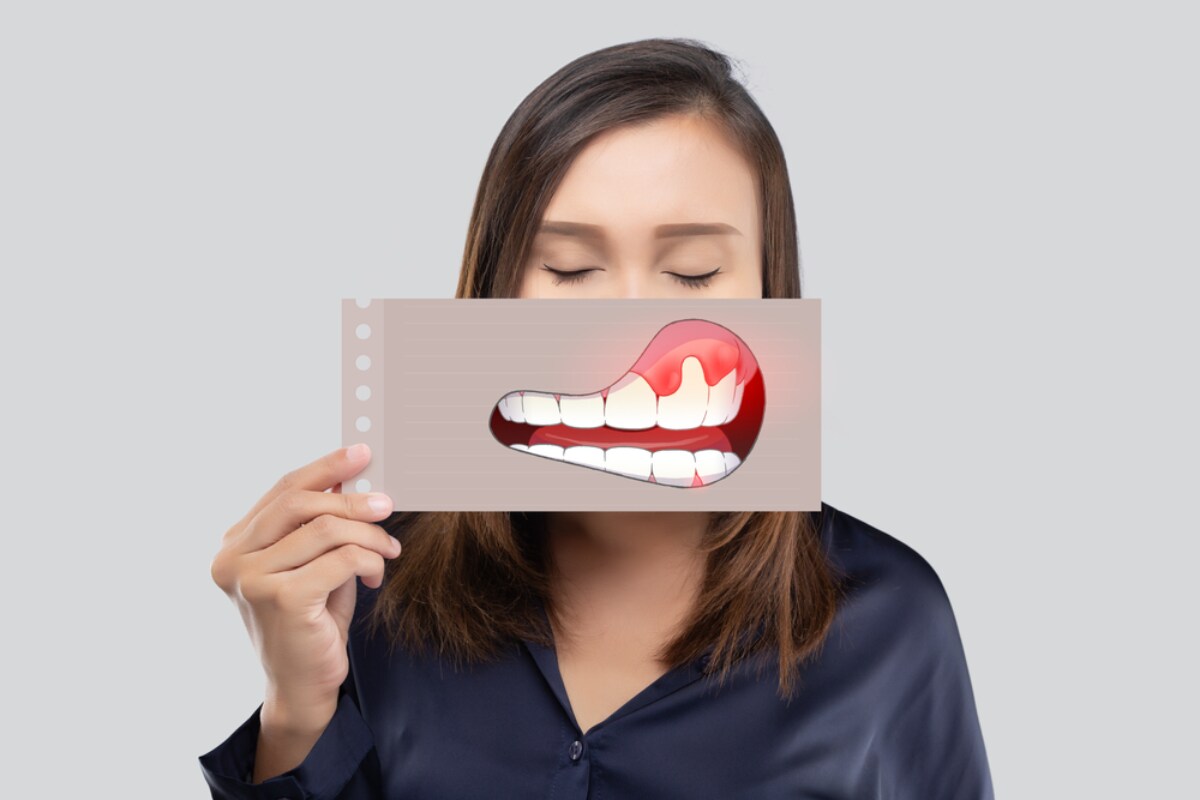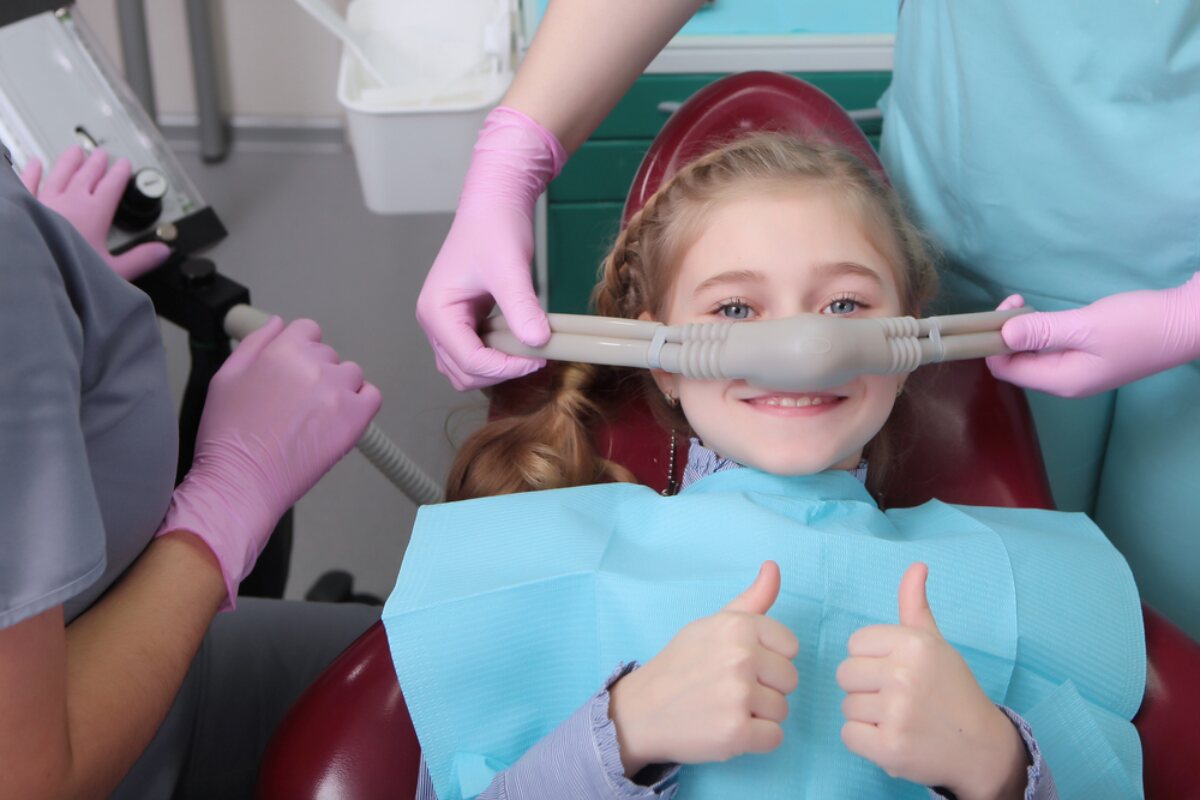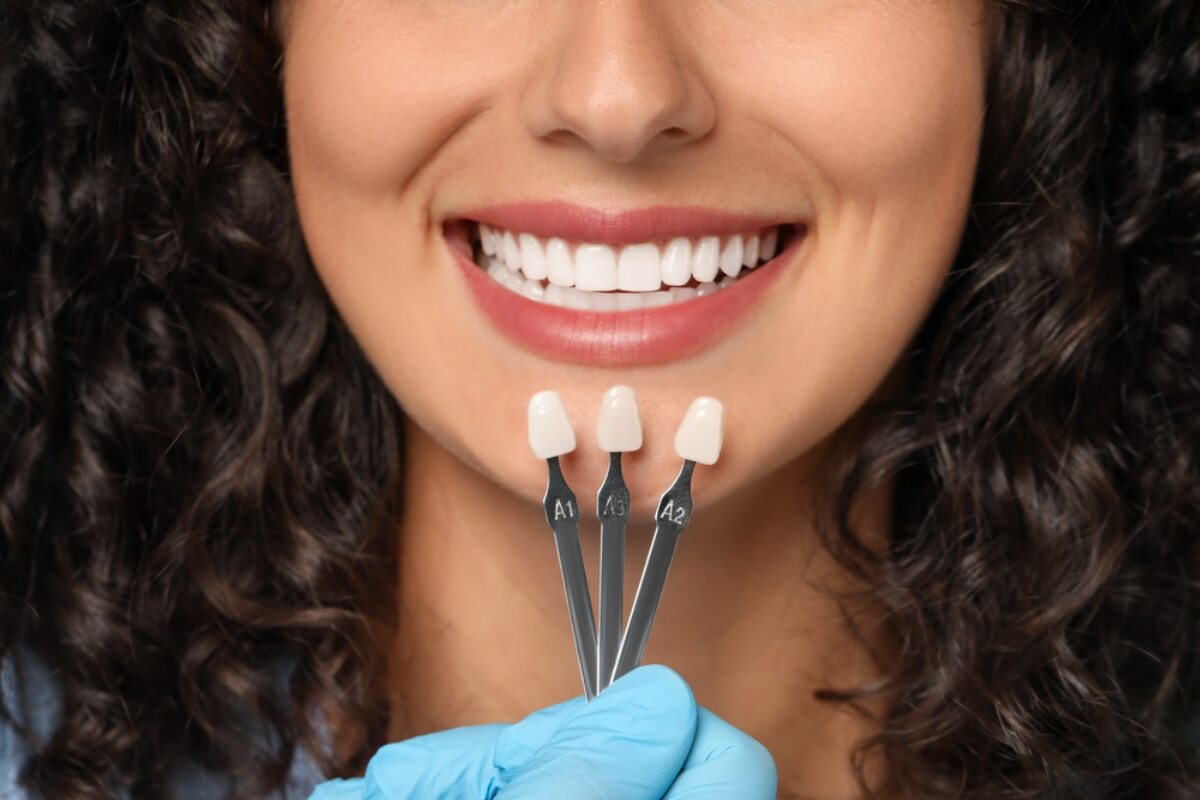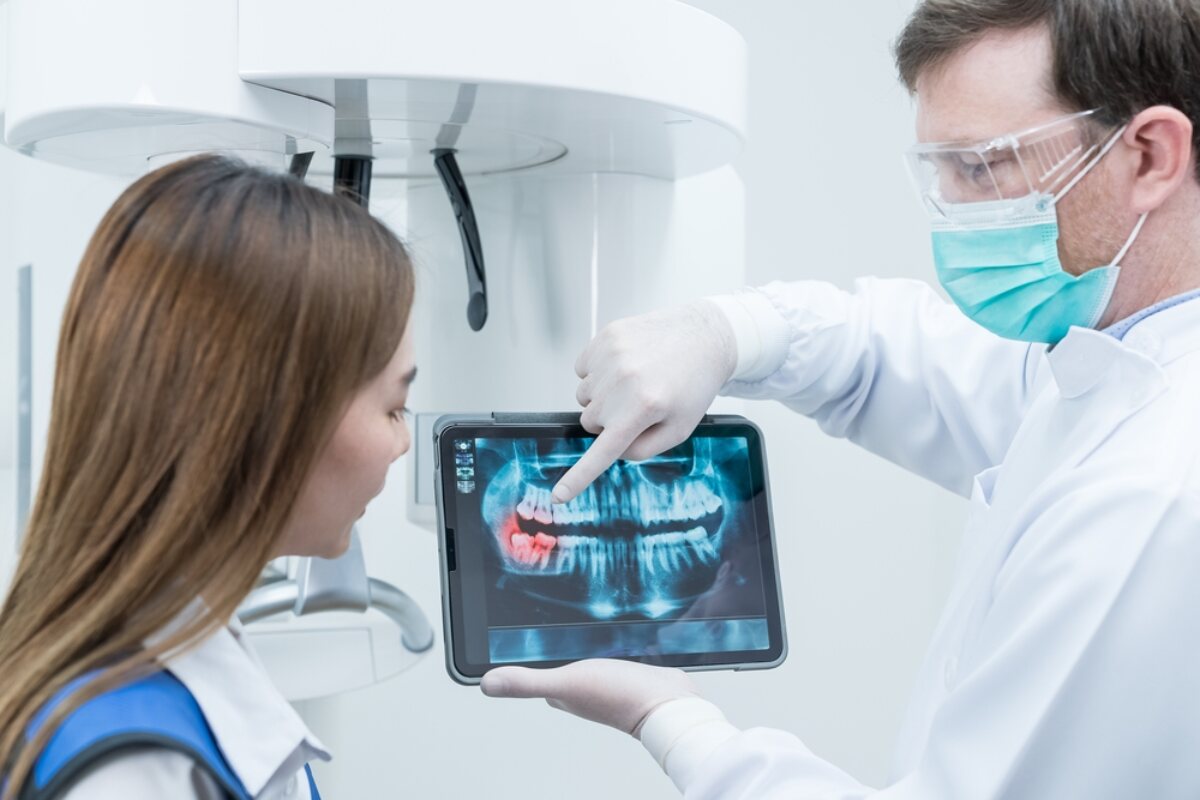Periodontal disease, also known as gum disease, is a serious condition that affects the supporting tissues surrounding your teeth. Without early intervention or treatment, periodontal disease can lead to gum recession, increased tooth mobility, and even tooth loss. Many people misinterpret the first signs of periodontal disease as they seem small, but with the help of periodontic dentistry in Cedar Park, gum disease can be treated early on, making it much easier to treat.
What is Periodontal Disease?
Periodontal disease begins as bacteria build up around a person’s teeth as well as gums. This generally starts with plaque, a sticky substance that develops on your teeth every day. If plaque is not removed or eliminated by regular brushing and flossing, it hardens into tartar, which causes irritation to the gums. Over time, this leads to inflammation and infection.
There are 2 main types of severity of gum disease:
- Gingivitis- The early stage of gum disease. The gums will be red and swollen and may bleed early on.
- Periodontitis- The advanced stage of gum disease—will show gums that pull away from the teeth, bone loss, and mobility of the teeth.
If you recognize the changes in your gum and tooth health early on and visit a dentist in Cedar Park, you will be able to halt the progression from gingivitis to periodontitis.
How to Recognize Early Signs of Periodontal Disease
The early signs of periodontal disease are often not painful and therefore many people will miss them. Watch for these signs
| Early Warning Sign | What It Means |
| Red or swollen gums | Inflammation caused by bacteria |
| Bleeding when brushing or flossing | Gums are irritated and unhealthy |
| Persistent bad breath | Bacterial infection in the gums |
| Gum tenderness | Early tissue irritation |
| Gums pulling away from teeth | Start of gum recession |
| Changes in bite or tooth position | Bone loss or gum damage |
If you notice any of these signs, you should schedule an appointment with a dentist near you as soon as possible.
Importance of Early Detection in Periodontal Disease
Detecting gum disease in the early stages is extremely important for many reasons
- Easier Treatment: Gingivitis can usually be reversed by professional cleaning and improved home care.
- Prevent Bone Loss: Early treatment halts the damage to the bone that supports your teeth.
- Prevent Tooth Loss: Quick treatment of gum disease allows us to keep your natural teeth in place.
- Protect Overall Health: Gum disease is correlated with heart disease, diabetes, and other medical issues.
Regular dental checkups and cleanings are the best way to find problems before they get serious.
Who is at Risk?
Anyone can get periodontal disease; however, factors include
- Poor oral hygiene practices
- Smoking/tobacco use
- Family history of gum disease
- Health conditions (i.e., diabetes)
- Stress or weakened immune system
Knowing what your risk factors are can help you to better protect your gums.
Role of Periodontic Dentistry
Periodontic dentistry is the branch of dentistry focused on the prevention, diagnosis, and treatment of gum disease. A periodontist is a dentist who has advanced training to care for the gums, bone, and tissues around teeth.
Your general dentist might refer you to a periodontist if you have advanced gum disease, need gum surgery, or require specialized treatments like bone grafting or a dental implant.
How Dentists Treat Periodontal Disease
How a dentist treats periodontal disease will depend on how advanced the disease is
- Professional cleaning- If caught early as gingivitis, scaling and polishing can remove plaque and tartar.
- Scaling and polishing- A deep cleaning that helps remove tartar below the gumline and smooths tooth roots to help gums heal.
- Medications- Antibiotics to help attack the infection.
- Surgery- In advanced cases, procedures are performed to restore the gums’ health and protect teeth.
- The sooner you see the dentist, the less invasive the treatment will be.
How to Protect Your Gums at Home
Daily care is the first level of defense against gum disease. Remember to follow these steps:
- Brush your teeth at least 2 times per day with fluoride toothpaste.
- Floss your teeth once a day to remove plaque and other bacteria between your teeth.
- Use an antibacterial mouthwash after brushing and flossing.
- Eat a healthy, balanced diet and limit sugary snacks.
- Visit a dentist near you every six months for checkups.
By simply following these steps every day along with a commitment to regular hygiene care, your gums can remain healthy for a lifetime.
Protect Your Smile With Quality Periodontal Care!
Reflection Dental focuses on keeping your gums and teeth healthy with quality periodontal care. At our practice, our team provides preventive checkups, deep cleanings, and treatment for gum disease to protect your smile.
Safeguard your smile with quality periodontal care—book your dental appointment today at Reflection Dental.
